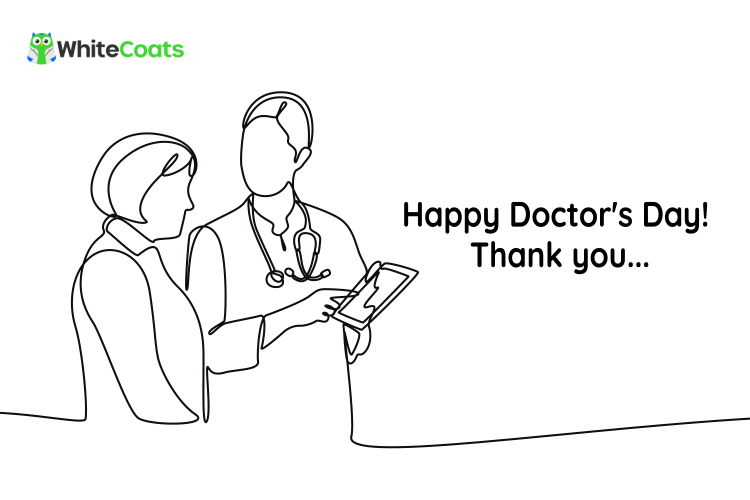
Celebrating National Doctors’ Day : Honoring Our Healthcare Heroes
July 1, 2024Book A Free Demo
Latest Blogs
EHR, this technology makes disparate data into actionable clinical information. It lowers medical errors and facilitates integrated care. As per a report, 96%- Hospitals and 78% – Physicians use certified EHRs because it is a digital handlers for patients’ records. It collects patients’ health information in an organized digital way. The digital formation of records allows the information to be shared securely.
The data is then formatted digitally so that it can be used by any information system to format or update a reminder or update a statistics of tracking care or issue any kind of alert. Example: When an electronic prescription is being created, the system updates and alerts the doctors to pass it to the other departments.
Protecting the privacy of patients’ data enables a safer and more reliable care process for the patients.
EHR helps physicians to keep pace with the faster and increasing data. It reduces the data entry work, saves time and helps to reutilize the data for analysis. Also, EHRs are compiling a richer set of data that is globally available at any point of time. It helps physicians to be aware of the patient’s medical situation and can analyze the condition with the reduction in costs involved in the laboratory.
Now technology is available to allow physicians to consult and provide proper services to their patients even in remote places. Physicians can practice through a telemedicine app that utilizes instant messaging or teleconferencing for better communication with the patient. They can depend on telemedicine apps for video visits, smartphone photos etc, to treat, and manage patients.
The main aim of this technology isn’t to replace physicians with speakers. This is equipped with advanced AI and natural language processing algorithms, all a physician has to do is to ask them to listen.
With a voice to document medical histories, physicians have started to make voice-assistant an integral part of the day-to-day process.
Apps can provide physicians with quick, shareable information, crowd-sourcing, real-time communication, current medical news, etc.
Medical Apps for physicians are about finding answers to clinical questions as quickly as possible. It is a fact that physicians usually experience higher levels of stress due to the responsibility that comes with dealing with multiple patients. However, there are some apps that act as a stressbuster for physicians facing serious clinical scenarios in day-to-day life, with the advanced technology and digital health tools that save both time and money, initiate your investment in technology tools. If you wait for the next upgrade or the new version, you are missing out on the benefits offered by these apps. Being a physician, take minor footsteps towards technology and gain big returns in your practice to take it to the next level.


